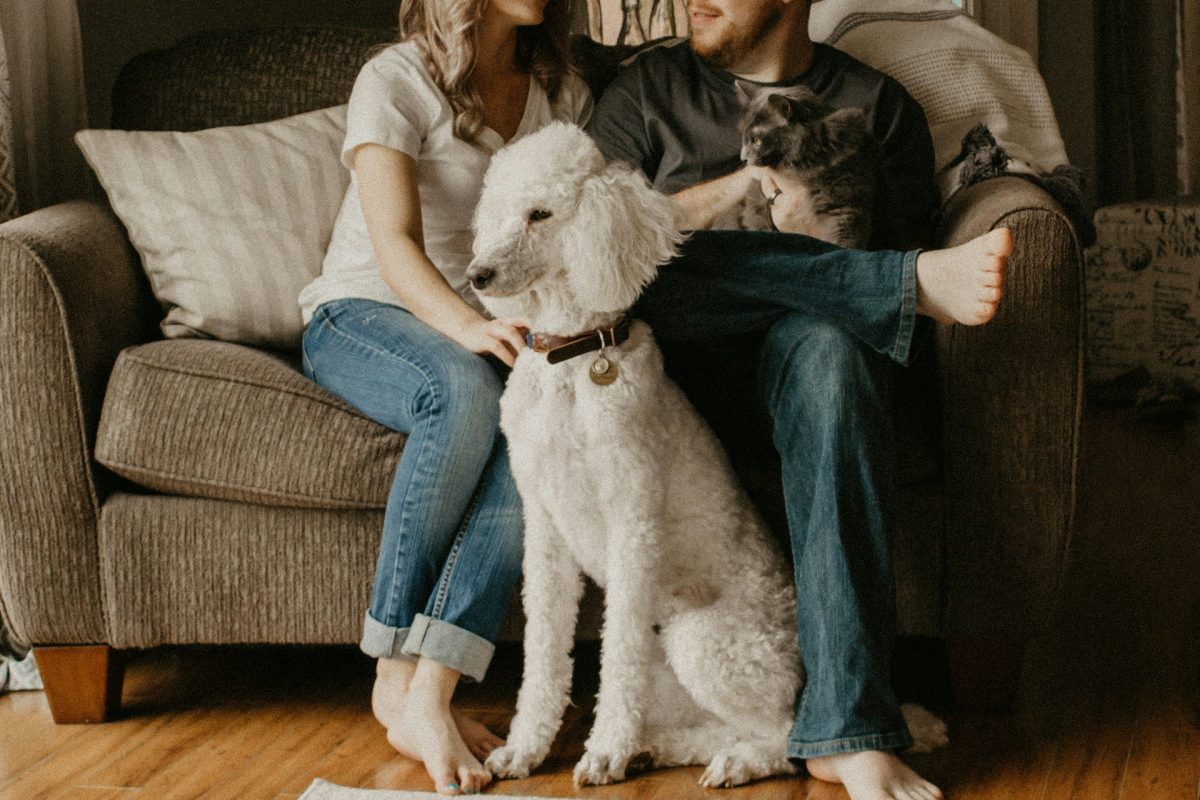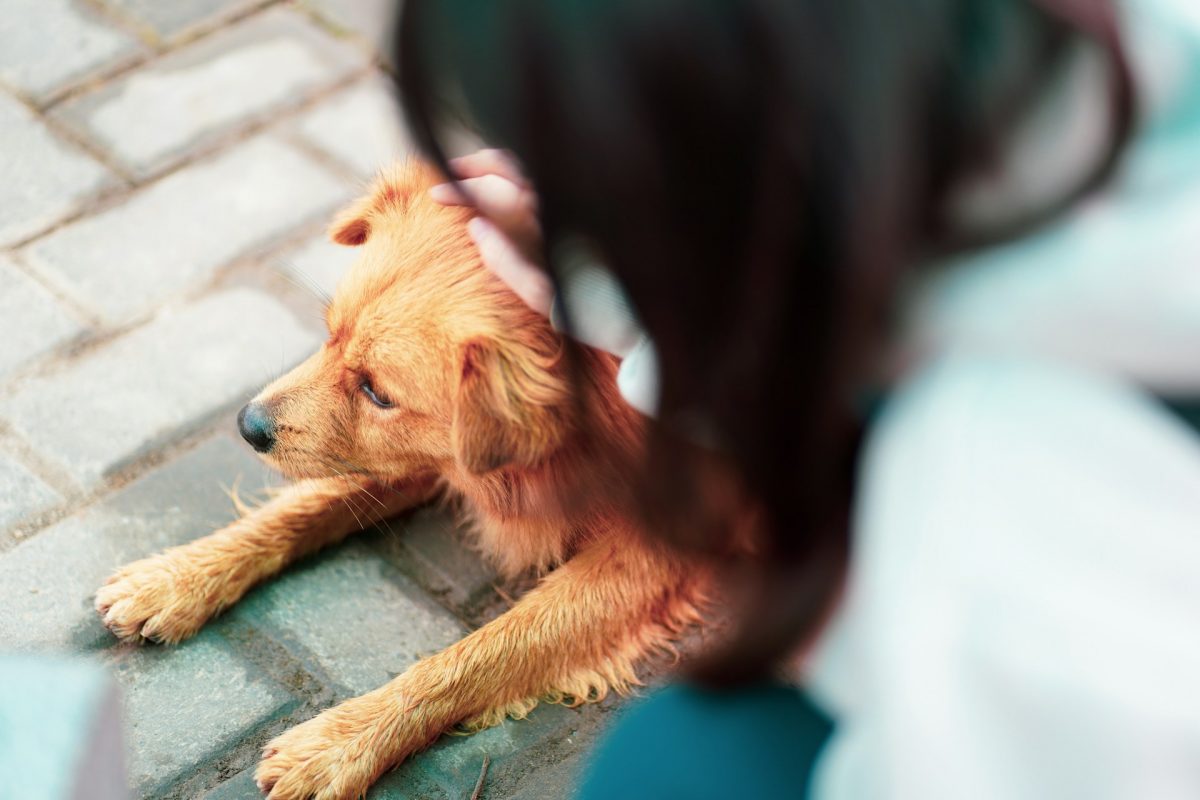Pets do more than fill our homes with joy, they become part of our emotional lives. For many, a dog’s wagging tail or a cat’s quiet purr brings comfort during difficult moments. But what happens when our pets fall ill or suffer an injury? The emotional toll can be intense, especially when finances become a barrier to care. This is where pet insurance enters the conversation, not just as a financial tool, but as a quiet, powerful support for our mental well-being.
The Emotional Weight of Caring for a Sick Pet
Anyone who’s ever rushed their pet to the emergency vet knows the feeling: fear, uncertainty, and often, guilt. You’re hoping the diagnosis isn’t serious, praying the treatment is manageable, and doing the math in your head, how much will this cost?
For many pet owners, the emotional strain is doubled by financial anxiety. When unexpected vet bills climb into the thousands, it’s not uncommon for people to feel overwhelmed or helpless. This stress can linger for days or weeks, especially if hard choices have to be made.
Pet insurance helps remove some of that weight. Knowing that a portion, or in some cases, most of the bill is covered allows pet owners to focus on getting their companion the best care, not just the most affordable care.
Peace of Mind Through Preparation
Mental health professionals often talk about the role of perceived control in reducing anxiety. When we feel prepared, we’re better able to cope with stress. Pet insurance offers that kind of preparedness. It’s not just about having money set aside; it’s about having a plan.
When a pet owner knows that they’re covered for emergencies, chronic conditions, or even routine care, they can move through the ups and downs of pet parenting with a little more peace. That sense of readiness can be quietly reassuring, especially for those who already deal with anxiety or stress in other parts of their lives.
Being able to say, “I’ve got this,” makes a real difference.
Avoiding the “Care vs. Cost” Dilemma
One of the most painful experiences a pet owner can face is having to weigh a beloved animal’s treatment against their bank account. These are not decisions anyone wants to make, but they happen every day.
With pet insurance, the conversation shifts. Instead of asking “Can I afford this?” the question becomes, “What’s the best treatment option?” That change in perspective can be emotionally freeing. It allows pet owners to advocate for their pet’s health without the burden of financial panic looming over every decision.
Strengthening the Human-Animal Bond
The bond we share with our pets is built on trust, love, and care. When that care is compromised, due to cost, uncertainty, or fear, it can cause emotional rifts that are hard to articulate. Guilt, sadness, and even shame can surface when owners feel they’ve let their pets down.
Pet insurance helps protect that bond. It ensures that when something goes wrong, pet parents can take action without delay. That ability to act, swiftly, confidently, and with support, preserves the emotional connection between humans and their animals, especially in the most vulnerable moments.
A Safety Net for Pet Loss and Grief
No amount of preparation can fully protect us from the pain of losing a pet. But when that time comes, knowing that you did everything possible can soften the blow. Pet insurance won’t prevent loss, but it can prevent regret. It can help owners seek out treatments or palliative care without second-guessing whether they could have done more.
For those going through the grieving process, that sense of completeness matters. It can be a comfort in the hardest days, a small anchor of peace in a sea of sadness.
Supporting Pet Parents, Not Just Pets
When we talk about pet insurance, it’s easy to focus on what it does for animals. But the truth is, it also supports the emotional well-being of the people who love them. It reduces stress, minimizes financial strain, and allows for better decision-making. It lets pet owners sleep at night, knowing they’re ready for whatever comes next.
And in a world that already asks so much of us, emotionally, financially, and mentally, that kind of support is no small thing.



